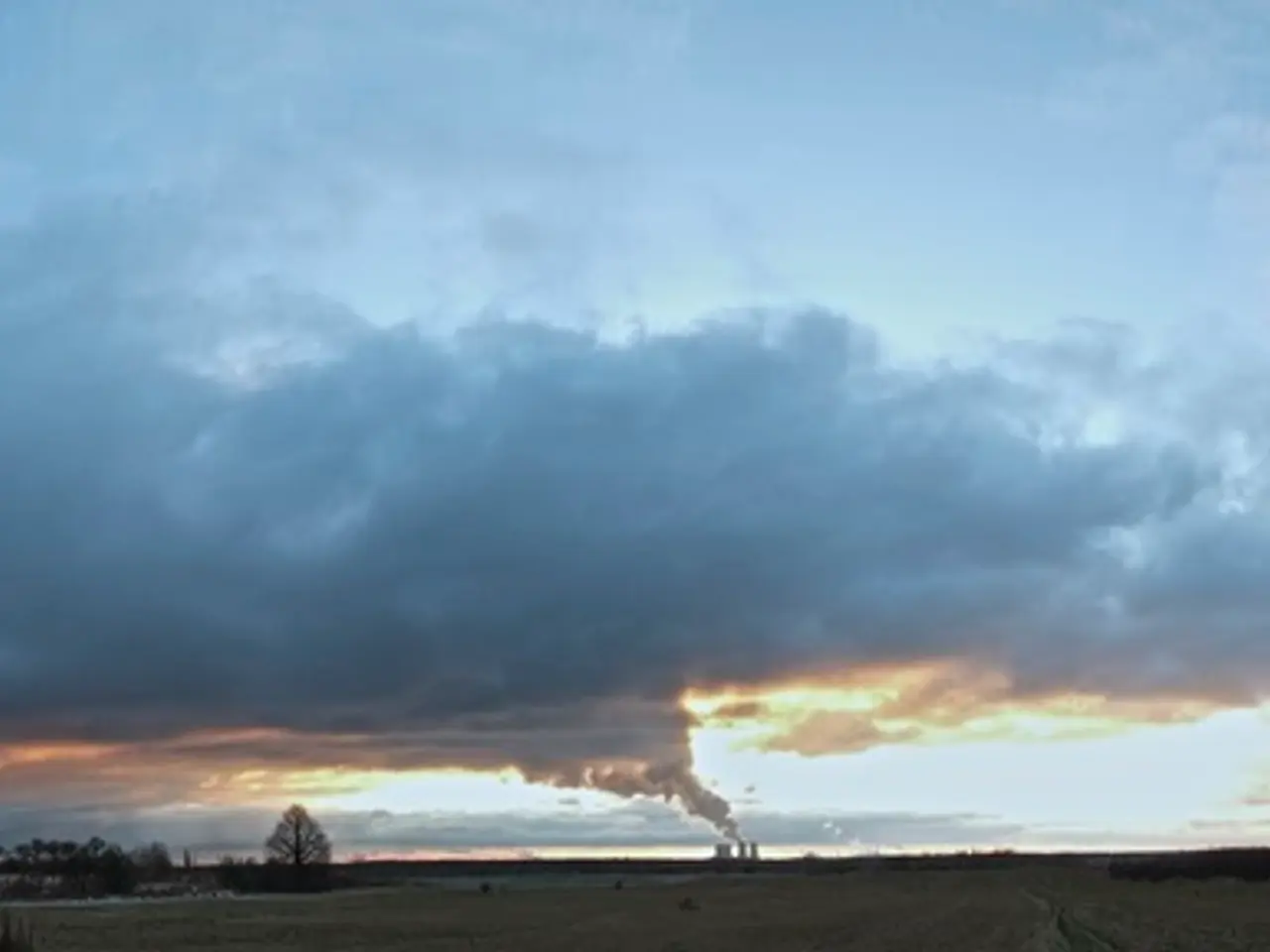Era of Climate Responsibility Kicks Off: Fresh Study Attributes $28 Trillion in Losses to Climate Change
Fossil Fuel Giants Accountable for Over Half of Climate Damages, According to Dartmouth Study
A groundbreaking study led by Christopher Callahan and Justin Mankin of Dartmouth College has linked over $28 trillion in climate damages to the emissions of 111 specific companies, with the top 10 contributors responsible for more than half of this total.
The study, which used more than 1,000 climate simulations and historical emissions over 137 years, mirrors the forensic rigor seen in weather event attribution science. Michael Mann, a climate scientist, argues that the $28 trillion figure is a conservative estimate.
Saudi Aramco and Russia's Gazprom each inflicted over $2 trillion in heat-related economic harm, according to the research. The other top contributors are Chevron, ExxonMobil, BP, Shell, the National Iranian Oil Company, Pemex, Coal India, and the British Coal Corporation.
Among the 111 companies analyzed, ten fossil fuel giants were responsible for more than half of the total damages. The research presents a clear, replicable, and legally useful template for potential future suits.
The study narrowly focused on heat damages and excluded a host of other costly consequences, such as rising sea levels, agricultural losses, disease spread, and biodiversity collapse. If broadly implemented, the template could signal a revolutionary change where fossil fuel interests are held accountable for their part in global ruin.
In courtrooms and legislatures around the world, the absence of credible corporate counterarguments could shift the tide in favor of plaintiffs seeking climate reparations. At least 68 climate damage lawsuits have been filed globally, and this study may rewrite the script for climate litigation by providing a strong causal link.
The path to corporate responsibility is still uphill, but the "overwhelmingly strong scientific evidence" laid out by Callahan and Mankin might finally tip the balance. Imperial College London's Friederike Otto stated that the study's findings might finally tip the balance in favor of climate justice.
However, some of the implicated companies, including Aramco, Gazprom, Chevron, ExxonMobil, and BP, did not respond to media inquiries about the study's findings. Shell declined to comment on the study's findings as well.
As history has shown, change may seem impossible until it happens. The era of plausible deniability for corporate polluters may be drawing to a long-overdue close. If the findings of this study hold up in court, it could mark a significant step towards corporate accountability for climate damages.
- This Dartmouth College study, led by Christopher Callahan and Justin Mankin, reveals that the top 10 fossil fuel companies are responsible for more than half of the $28 trillion in climate damages, highlighting the critical role of environmental science in understanding this issue.
- The study, which employs rigorous research methods from both weather event attribution science and environmental science, presents a potential template for future legal actions concerning climate change and its impacts on health-and-wellness, biodiversity, and wildlife.
- The research not only shows the economic harm caused by these companies, such as heat-related damages, but also notes the potential for increased lawsuits related to climate change, including those addressing medical-conditions, climate change, and the environment.
- As the study doesn't account for other costly consequences like rising sea levels, agricultural losses, and disease spread, it underscores the need for further research in environmental science to fully comprehend and address the extent of climate damages.
- The results of the study have sparked interest in the news, as they offer a strong causal link between fossil fuel companies and climate damages, potentially influencing the course of climate change litigation and paving the way for increased corporate accountability in energy and environmental matters.




